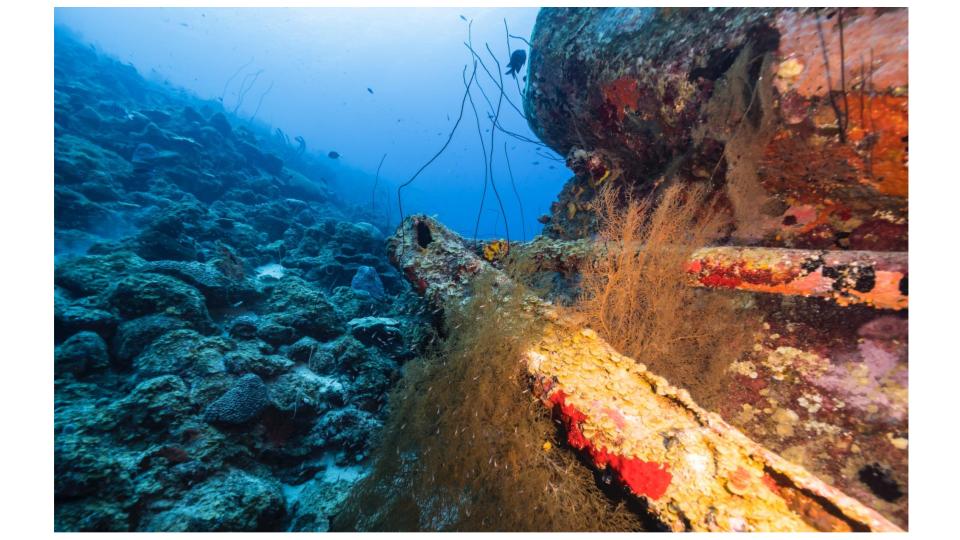India will apply for licences to explore for deep-sea minerals in the Pacific Ocean as it competes to secure supplies of minerals critical for energy transition technologies, a top government scientist told Reuters.
The UN-backed International Seabed Authority (ISA) has issued 31 deep-sea exploration licences, including two for India in the Indian Ocean, but is yet to allow mining because the 36-member body is still working on regulations.
The 36-member ISA council is meeting in Jamaica this month to negotiate the latest draft of a mining code.
M. Ravichandran, the top scientist at India’s Ministry of Earth Sciences, said his ministry will work closely with India’s mining industry as it readies to apply next year for exploration of seabed minerals in the Pacific.
China, Russia, and some Pacific Island nations have already secured exploration licences for the Pacific Ocean.
India plans to focus on the Clarion-Clipperton Zone, a vast plain between Hawaii and Mexico known to hold large volumes of polymetallic nodules containing minerals used in electric vehicles and solar panels including manganese, nickel, copper, and cobalt.
First discovered by British sailors in 1873, the potato-shaped nodules take millions of years to form.
India also expects to receive two more exploration permits from the ISA this year for the Indian Ocean, focused on the Carlsberg Ridge and Afanasy-Nikitin Seamount regions, known for polymetallic sulphide deposits and ferromanganese crusts, Ravichandran said.
The permits last for 15 years, according to the ISA website.
Polymetallic sulphide deposits contain metals such as copper, gold, silver and zinc. Ferromanganese crusts are known for cobalt, nickel, manganese, platinum and rare earth elements among other resources.
India, which relies on imports of raw materials such as copper and lithium, has listed 24 minerals as “critical” for energy transition. It is also scouting for overseas mineral assets to meet its rising green energy requirements.
“This is like racing,” Ravichandran said of the urgency to seek seabed minerals.
(Reuters)




















